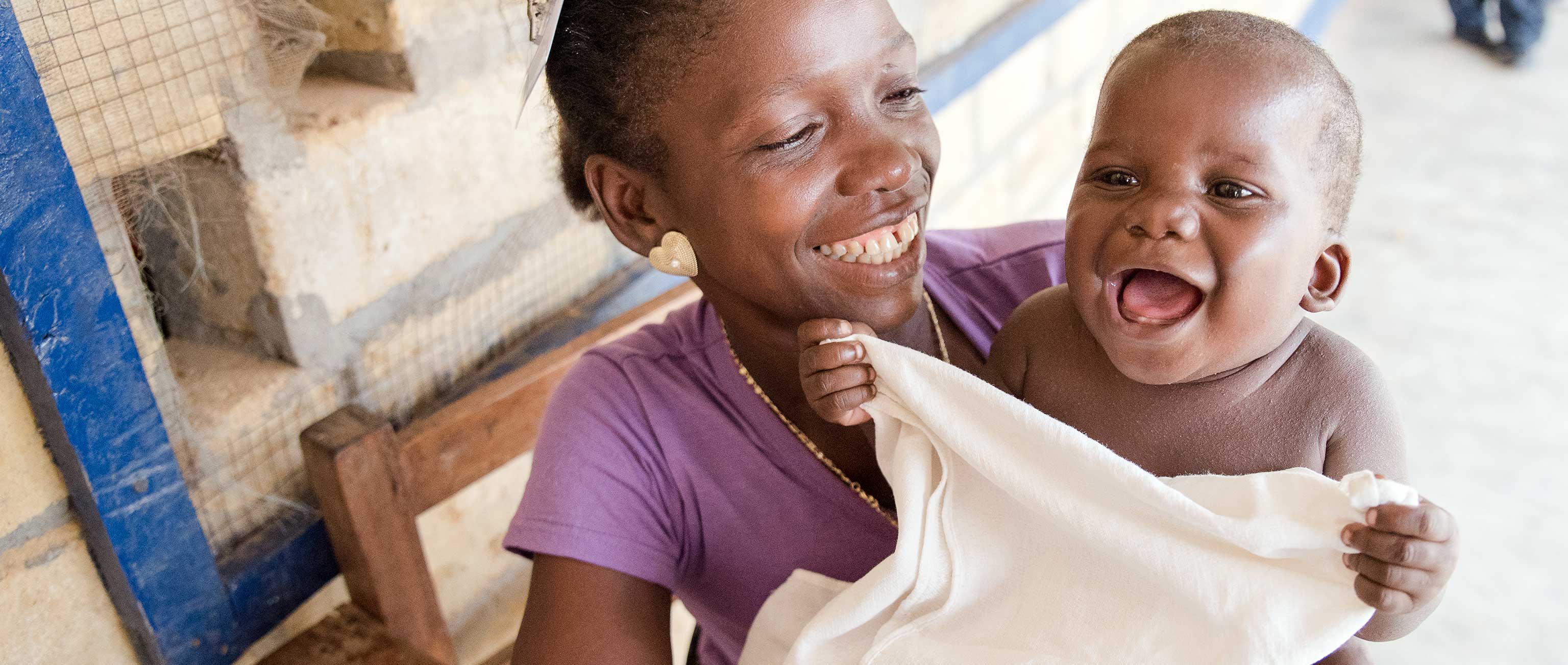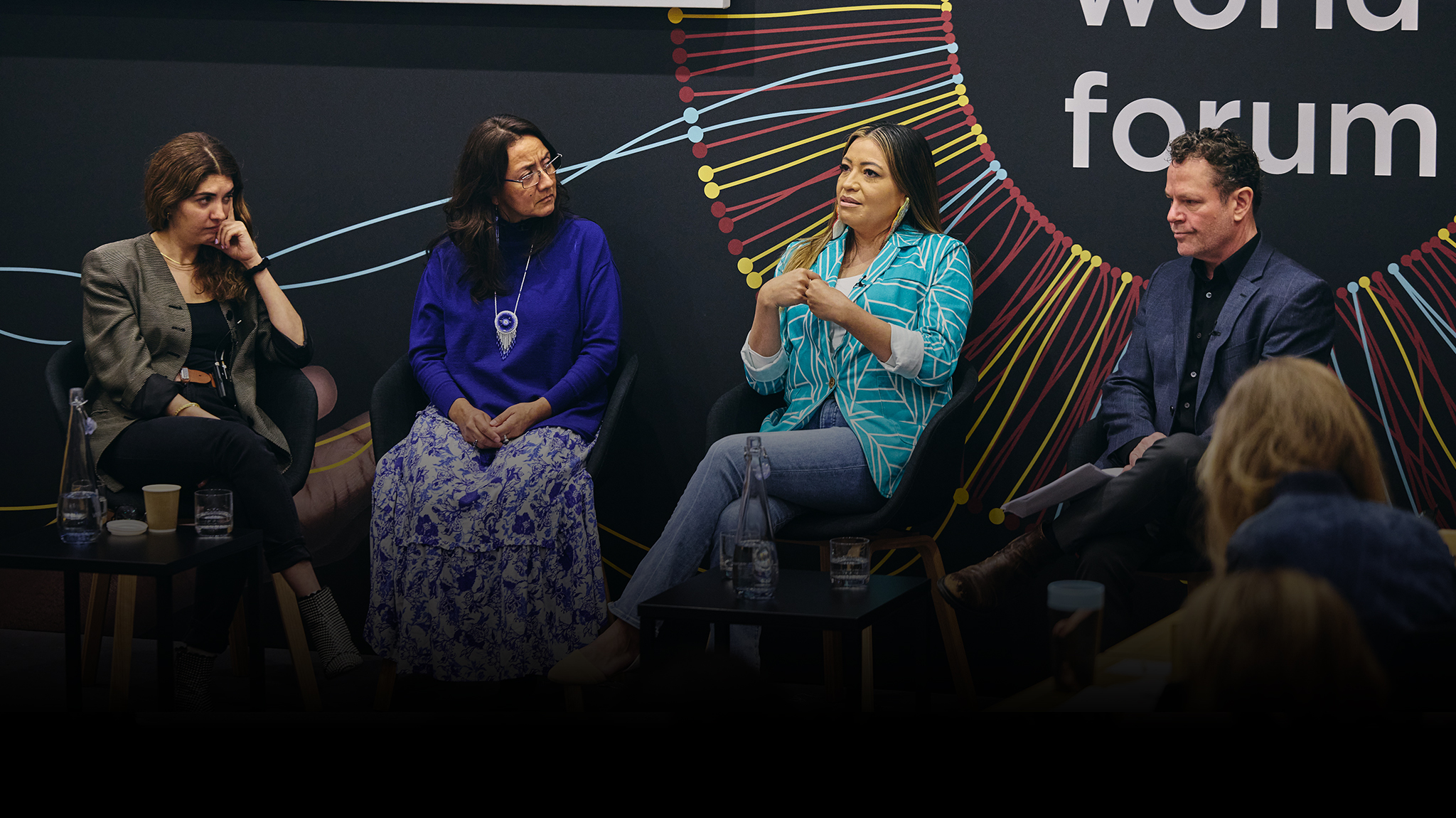Raj Panjabi’s TED Wish and the Power of Storytelling for Social Change
No condition is permanent. That’s the refrain of tough-minded optimism that Raj Panjabi, founder of Last Mile Health, grew up with in Liberia. It’s the mantra often repeated by his father, and one that has always guided his groundbreaking work in delivering high quality healthcare to remote populations.
“Pack your things, we have to go,” his mother told the fourth grade Raj one sunny day. The erupting civil war had crept to their backdoor and they had the great fortune of the option to flee, cramming themselves and their belongings into the cargo hatch of a rescue plane. Raj remembers the long line of families still there on the tarmac, desperate for that same option. He remembers realizing he was one of the lucky ones.
In 2005 as a medical student, he returned to find his homeland devastated and the landscape of healthcare alarmingly under developed: 51 doctors served a country of four million. Scores died in remote places from conditions that no one should die from. Like those on the tarmac, they were the ones left behind, the ones too difficult to serve.
With $6,000 raised from friends and family in lieu of wedding gifts, he launched Last Mile Health. When Ebola threatened to bring Liberia to its knees, thousands of community health workers trained through Last Mile Health risked their own lives to stop that deadly virus in its tracks. Blind spots, lead to hot spots, he told the crowd gathered in Vancouver recently for TED 2017.
“It’s time for a collision between the digital education revolution and the community health revolution,” he told us in Vancouver in his rousing call to action in preamble to his TED Wish. ““My wish is that you will help me recruit the largest army of community health workers the world has ever known, by creating the Community Health Academy, a global platform to train, connect and empower.”
With proper training in 30 basic health services, 30 million lives will be saved by 2030, Raj says. No condition is permanent.
Many people lack the moral imagination to believe that things can be fundamentally different from how they are. Successful social entrepreneurs like Raj illustrate the world not just as it is, but as it could be. They make clear the potential for transformation.
The TED platform, and particularly the TED Prize, creates opportunities for people to engage with that vision of transformation. It opens minds to the possibility of that transformation, the potential for that fundamental systems change. Look what Charmian Gooch, co-founder of 2014 Skoll Awardee Global Witness, has accomplished since her TED Wish, influencing public discourse and policy to shut down shadow companies, to cast sunlight on the corruption that thrives with anonymity.
Think about how long it took people to break the four minute mile. Once one person did, plenty of others soon showed that they could do the same. Raj is setting the pace. Let’s follow.



